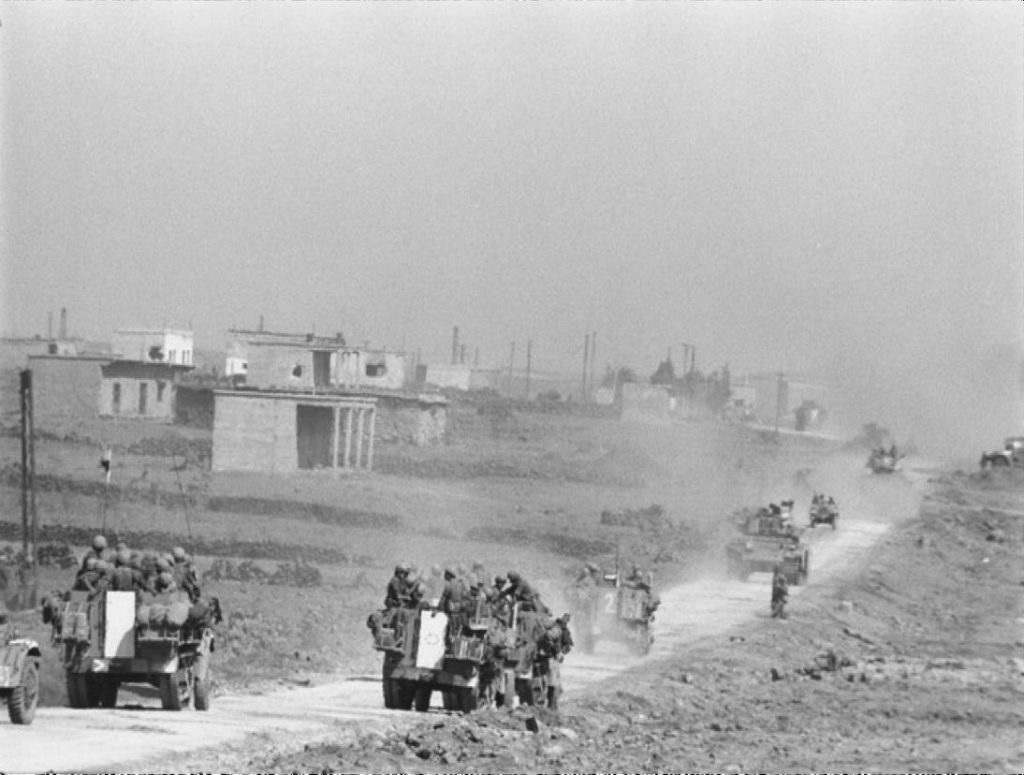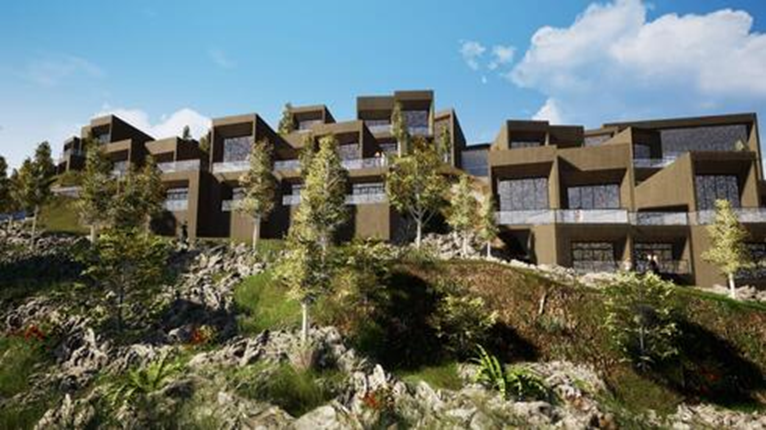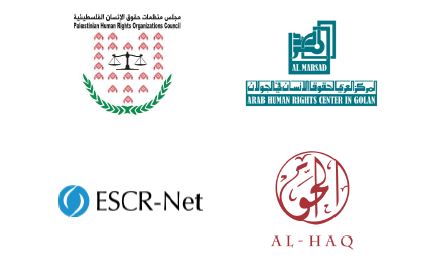
50 years of the occupation of the Syrian Golan
This week marks the 50th year of the Israeli occupation of the Syrian Golan - a period which has had a catastrophic impact on the lives of the native Syrian population.
Following the Israeli occupation in 1967, over 130,000 native Syrian inhabitants – approximately 95% of the population – were forcibly transferred or displaced from their homes. The Israeli military began a widespread campaign to demolish their homes, destroying 340 villages and farms. These were replaced by Israeli agricultural settlements – the first within a month of the 1967 war – often using the same stones from the destroyed villages and farms. In 1981, Israel enacted the Golan Heights Law which purported to annex the territory into the state of Israel, an illegal action condemned by the UN Security Council as “null and void and without international legal effect.”
Today, there are at least 23,000 Israeli settlers in the Occupied Syrian Golan, living in 34 illegal settlements. Together with the Israeli military and authorities, they control 95% of the land. The remaining native Syrian population is approximately 25,000 who live in five villages located in the far north of the Occupied Syrian Golan, and who control just 5% of the land. Meanwhile, those displaced or forcibly transferred from the Occupied Syrian Golan and their descendants number approximately 500,000, and mainly live in the outskirts of Damascus and the southern city of Daraa. Given the current conflict in Syria, many of these people have become internally displaced persons (IDPs) for a second time in their lifetime, or refugees.
Due to the Israeli occupation, the remaining Syrian population in the Occupied Syrian Golan suffer daily violations of their basic human rights. Discriminatory land and housing policies mean that the five remaining Syrian villages are severely overcrowded, as expansion on surrounding land is rarely permitted. Building without permission can incur large fines or the full or partial demolition of the building. Not only do these policies have an adverse effect on available housing, they also severely inhibit the improvement of road and sewage systems; the construction of education, health and cultural institutions; and the establishment of infrastructure for industrial areas.
The health and living conditions of the Syrian population are further threatened by the presence of landmines and Israeli military bases in Syrian residential areas – often within just a few metres of people’s houses and where their children play. Since 1967, it is estimated that at least 66 Syrians have been victims of landmines in the Occupied Syrian Golan. Among these, 16 died, half of whom were children.
Despite efforts to force Israeli nationality on the remaining native Syrian population following the purported annexation of the Occupied Syrian Golan, today, the overwhelming majority of the Syrians continue to reject Israeli citizenship. Instead, they hold a form of permanent residency status while their nationality is categorised as ‘undefined’. This status causes significant uncertainty and difficulty. It may be revoked if an individual’s ‘centre of life’ changes or if citizenship of another country is obtained. Since 1982 around 100 Syrians have had their permanent residency status revoked following travel and residency abroad. This status means that Syrians are only awarded an Israeli ‘Laissez-Passer’ document, which creates onerous restrictions and costs for international travel.
Meanwhile, the Israeli authorities, Israeli settlers and private companies – both Israeli and international – illegally benefit from Occupied Syrian Golan’s abundant natural resources. Its fertile soil and water resources have led to the development of a substantial Israeli settlement industry, which includes beef, vegetable, fruit, wine and mineral water production. At least 14 wineries operate out of illegal Israeli settlements in the Occupied Syrian Golan and many vineyards also supply grapes to wineries in Israel.
Further, since 2013, an Israeli company Afek Oil & Gas has been conducting oil exploration in the Occupied Syrian Golan, proudly claiming that the region contains ‘billions of barrels of Israeli oil’. Afek is owned by Genie Energy, a US company that includes Rupert Murdoch, Dick Cheney and James Woolsey on its advisory board.
Meanwhile, the Israeli government is using the current conflict in Syria to further cement its hold on the Occupied Syrian Golan – with increased rhetoric being matched by settlement expansion and natural resource exploitation. This Tuesday, Prime Minister Netanyahu, speaking at a conference in an illegal settlement in the Occupied Syrian Golan, stated that “The Golan Heights will forever remain under Israeli sovereignty. We will never leave the Golan Heights. It’s ours”. The leader of a main opposition party, Isaac Herzog, also present at the conference, made similar statements.
After 50 years of military occupation, it is imperative that the international community not only reject such rhetoric but take concrete measures to protect the rights of the Syrian population under occupation. International law is clear that the Occupied Syrian Golan is part of Syria. Israel must respect all international resolutions relevant to the Occupied Syrian Golan and comply with its obligations enshrined in international human rights and humanitarian law conventions. Crucially, the right to self-determination of all Syrians from the Golan – both those under occupation and those forced to leave and their descendents – must be respected so they alone can decide on their future.
Releated Posts





